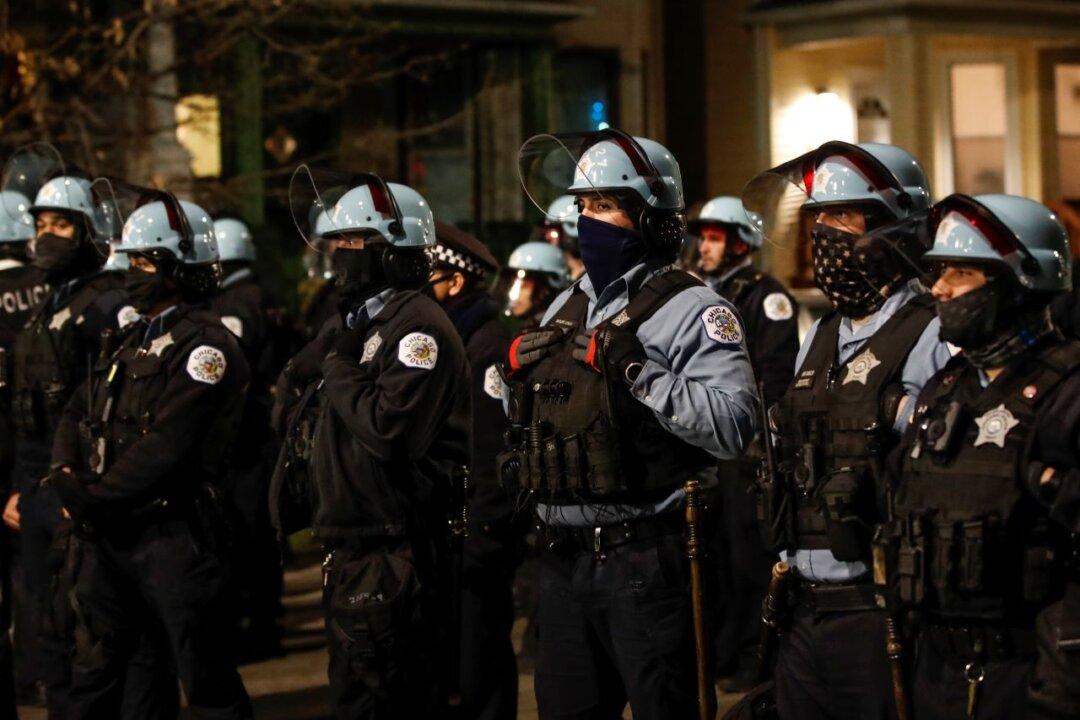Illinois on Sunday became the first state to pass a bill that prohibits law enforcement officers from lying to juveniles during interrogations—a practice advocates of the measure argue adds significantly to the risk of false confessions and wrongful convictions.
If signed into law, confessions from minors who were deceived by police during questioning would be deemed “inadmissible as evidence.”





